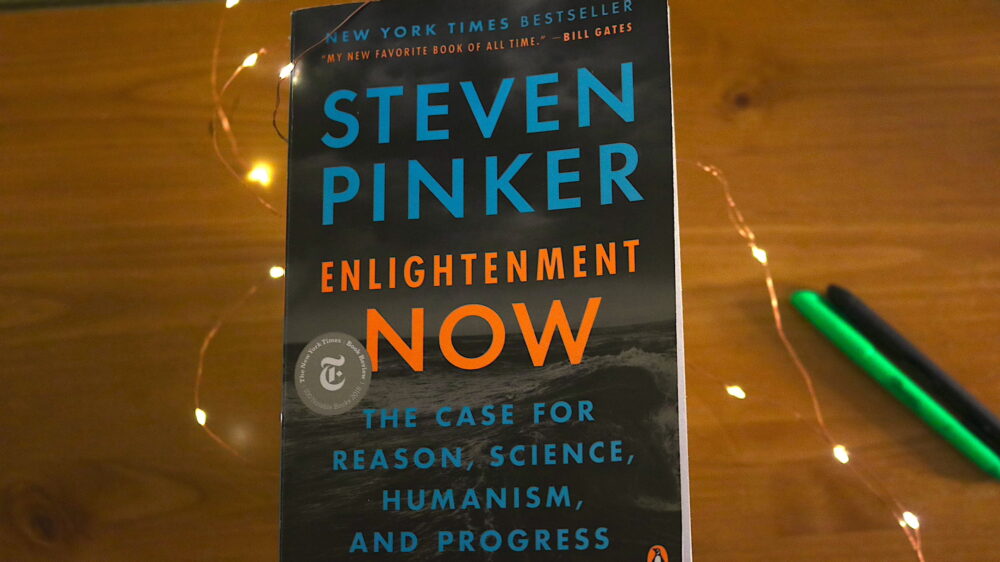

Before that were extraordinarily innovative epochs in Asia and other regions, such as China’s Tang dynasty (ad 618–907) and the Islamic Golden Age (750–1260).Īnother issue we highlighted is that less salubrious aspects of change accompanied eras of rapid progress. As Chris Kutarna and I showed in Age of Discovery (Bloomsbury, 2017), the Renaissance was a period of even more dramatic progress in science and the humanities, sparked by luminaries such as the astronomer Nicolaus Copernicus and the humanist Erasmus (see P. Many of the breakthroughs that Pinker attributes to the Enlightenment actually pre-date it. But using the era as a premise is problematic. The separation of church and state in some nations allowed new models of society to flourish. The Enlightenment undoubtedly saw major advances in constitutional government.


That legacy, he asserts, is ripe for resurrection at a time of political upheaval, the rise of demagoguery, climate scepticism and ‘fake news’. But the book’s premise lies in the past: the Enlightenment, that period in the eighteenth century when, Pinker argues, reason, science, humanism and progress became the centre of intellectual endeavour in Europe and North America. In this new combined survey, analysis and manifesto, he convincingly demonstrates that when it comes to health and life expectancy, poverty reduction and income, education, human rights, peace and security, the global data provide solid grounds for optimism. Steven Pinker’s Enlightenment Now builds on his 2011 The Better Angels of Our Nature (Viking) in offering another engaging, compelling set of reasons to be cheerful. Credit: Bridgeman ImagesĮnlightenment Now: The Case for Science, Reason, Humanism, and Progress Steven Pinker Viking: 2018. The Marseillaise (1870) by Gustave Doré: the French Revolution began with ideals of rationalism, but descended into chaos and conflict.


 0 kommentar(er)
0 kommentar(er)
